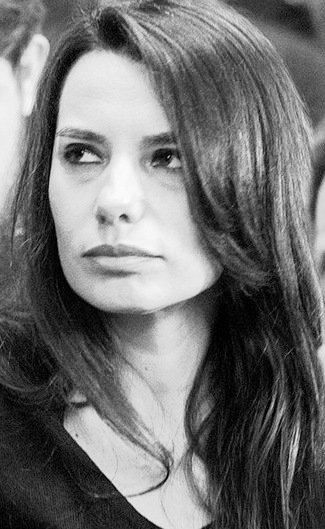Jovanka Popova

Three days of discussion during the CIMAM 2017 conference was an exceptional experience that provided me with knowledge and impression toward activities and institutional practices among the professionals coming from different socio-political contexts and professional surroundings.
The overarching title of the conference served as a useful reference that could equally be applied to the megalopolis, just as the small surroundings, raising the questions connected to subject of disorientation of globalised society that resulted from the dizzying problems posed by recent socio-political changes.
Three main topics showed that conference was significantly informed by the emergence of critical responses to rapid social and geopolitical change in worldwide context. The first-day session provided different perspectives related to urging tendency to find more spaces of progressive freedom and possibility in and beyond the institutional, through the possibilities of getting involved in engaging art activities into the process of remodeling the society or system.
Among many welcomes made by the hosts, the second day sessions aimed to introduce the international professionals to Southeast Asia contemporary context, less as local waves of practices and more as a way of art practices that were informed, and practiced in civil society by extending certain national, cultural and local traditions, values and processes.
The third-day conference session tended to deconstruct politics of institutional governance through the processes of collecting and collection representation in order to question how the institutions are dealing with mechanisms of power in controversial time periods. Re-questioning the issues related to globalization, main dominant historical narratives through art and censorship was challenge that provided numerous examples of committed and creative responses to the similar changing contexts and responsibilities.
Discussion topic on the issue of governance was collaborative brainstorming between cultural operators who work in dissimilar social context, but who share common concerns. It enabled the participants with opportunity of gaining reversible knowledge, by re-evaluating their own experience in the field of institutional working and governance and through sharing experiences with colleagues.
Possibility of constituting connections with colleagues and artist at international level, which led to future collaborations, was a great impact from the conference.
I would like to thank CIMAM, Getty foundation and National Gallery Singapore for providing me with opportunity to attend program that will have a strong influence for the development of my curatorial work as part of the independent sector and the institutional also, that will inevitably lead to achieving positive results in the future.